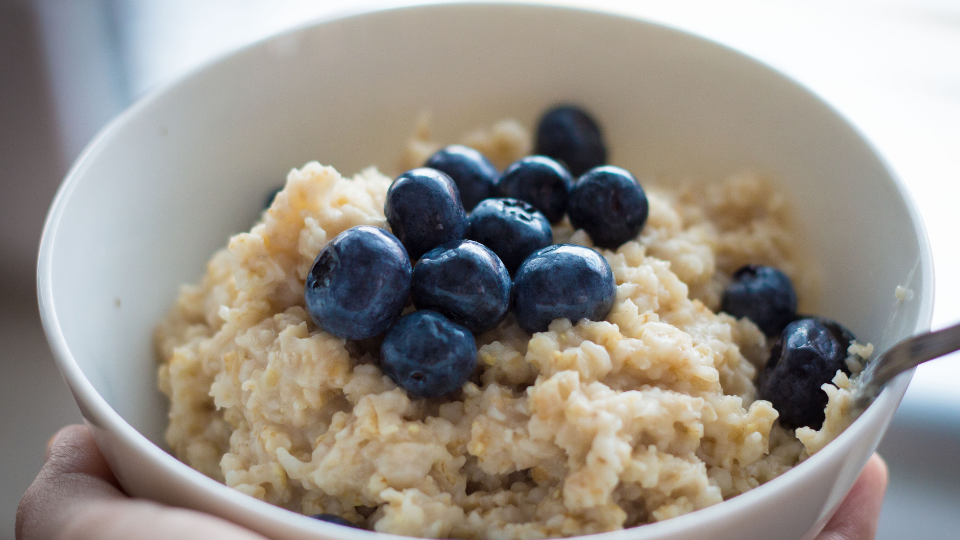This site contains product affiliate links. We may receive a commission, at no cost to you, if you make a purchase after clicking on one of these links. See Disclaimer.
Have you been thinking about using a meal replacement shake as part of your routine? Possibly to help with weight loss or even to add more calories to your day to help with weight gain?
Having been in the fitness industry for over 13 years I often see people confuse meal replacement shakes with regular whey protein shakes, however there is a big difference between the two. There is also a number of things to consider before adding a new supplement to your diet.

Firstly I always say a healthy diet is king, a well-balanced diet rich in fruits, vegetables, lean proteins, and whole grains forms the cornerstone of a healthy lifestyle. Whole foods are full of essential nutrients and generally have fewer calories with higher volume than highly processed foods. However, in today’s fast-paced world, achieving this nutritional ideal can be a challenge for some people. This is where supplements come into play, serving as convenient alternatives to bridge the nutritional gap such as getting in enough protein. If your goal is muscle growth then getting in enough grams of protein for your body weight is essential. It’s crucial to understand that supplements should complement, not replace, a whole food diet.

Understanding the Basics:
Before we dive into the debate, let’s establish a common ground. Both meal replacement shakes and protein shakes fall under the umbrella of nutritional supplements. While whole foods remain the primary source of nutrients, these shakes offer a convenient and efficient way to boost specific nutritional elements.
- Meal Replacement Shakes:
Meal replacement shakes are designed to be comprehensive substitutes for whole meals. They typically contain a balance of macronutrients (proteins, carbohydrates, and fats), micronutrients (vitamins and minerals), and fiber. These shakes are engineered to provide a complete and convenient source of nutrition, making them an excellent option for those on the go or looking to manage their calorie intake.
Common uses of meal replacement shakes include weight management, busy lifestyles, and as a quick and easy solution when whole food options are limited. They serve as a structured approach to calorie control and can be particularly beneficial for those seeking a well-rounded meal alternative. For those aiming to lose weight, getting in a meal replacement shake can help keep you satiated for longer, which helps limit unnecessary snacking throughout the day. This can help you maintain a calorie deficit and reach your weight loss goal.

As an example the nutritional value of a meal replacement powder such as Redcon1 MRE contains the following:
- 47 grams of protein
- 75 grams of carbohydrates
- 4 grams of fat
- 8g of dietary fiber
- 530 calories
- Protein Shakes:
On the other hand, protein shakes are more focused on one specific macronutrient: protein. These shakes are an efficient way to supplement your protein intake, aiding in muscle repair, recovery, and synthesis. Protein supplements are often consumed post-workout to support athletic performance and for those looking to gain muscle mass.
Protein shakes come in various forms, such as whey, collagen and plant-based options, catering to different dietary preferences and restrictions. While they are not meant to replace entire meals, the good news is protein shakes can be a valuable addition to your daily nutrition, especially if you struggle to meet your protein requirements through whole foods alone. Protein drinks are an easy way to add extra protein to your day, or even a great addition to meals such as adding protein powder to oats for a breakfast that will keep you feeling fuller for longer.

As an example a whey protein powder such as Rule 1 Whey Blend contains the following macro breakdown:
- 24 grams of protein
- 3 grams of carbohydrates
- 1.5 grams of fat
- 1 gram of dietary fiber
- 120 calories
Both meal replacement powders and protein powders come in a variety of different flavors, and can have different protein sources as mentioned above such as whey, collagen or plant-based protein.
The key difference being meal replacement shakes are made to resemble a regular meal with protein, carbohydrates, fats, fibre and overall much high calories. Where as protein powders are made for mainly post-workout or adding extra protein to your day meaning they have minimal carbs, fats and fibre and much lower calories per serve.
Conclusion:
In the grand debate of meal replacements versus protein shakes, there’s no one-size-fits-all answer as these are two completely different products. The choice between the two depends on your individual fitness goals, lifestyle, and preferences. If you’re looking for a convenient way to replace a meal and keep yourself feeling fuller for longer, meal replacement drinks may be the way to go. Meal replacement products contain a high amount of protein which can help you with things such as muscle recovery, building lean muscle mass and maintain a healthy metabolism, instead of skipping meals.
On the other hand, if your primary focus is boosting protein intake for muscle support as you already eat regular healthy meals, then a protein powder may be the better option. Increasing your protein intake through a protein powder has different purposes such as helping to prevent muscle loss, helping with muscle gain and has less calories than a meal replacement shake which can help with your weight loss goals.

Remember, the key is balance. Whole foods should always be the foundation of your diet, with supplements acting as supplementary tools to enhance specific aspects of your nutrition. Before incorporating any new supplements into your routine, it’s advisable to consult with a healthcare professional such as a registered dietitian, they can help you with your specific nutritional needs and what will be the best option for you.
